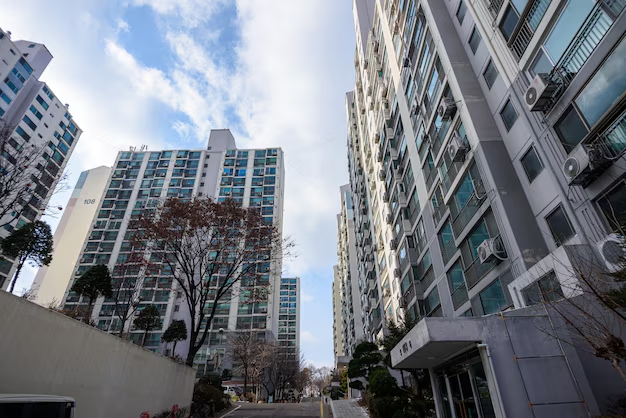Thinking About Buying an Apartment Complex? Here's What You Need to Know
So, you're considering stepping into the world of real estate investment by purchasing an apartment complex. The rewards can be significant—but so can the costs. Understanding exactly how much it costs to buy an apartment complex is crucial to making an informed decision. Here’s a breakdown of the factors involved in this major investment.
Key Factors Influencing the Cost
Purchasing an apartment complex is not a one-size-fits-all matter. Several elements influence the price, such as:
- Location: The price varies tremendously depending on where the complex is situated. A property in a booming urban center will likely cost more than a similar one in a smaller town or rural area.
- Size: The number of units plays a significant role in the asking price. More units mean higher costs, but also potentially more income.
- Age and Condition: Newly built complexes often lower maintenance costs initially but come with a higher purchase price. On the other hand, older or under-maintained properties might have a lower upfront cost but require significant investment in renovations.
- Market Conditions: Real estate markets fluctuate. When demand is high, prices soar, and vice versa.
Typical costs can start in the millions of dollars. Smaller complexes in less competitive markets might go for a few million dollars, while larger, prime-location properties can be priced upwards of tens or even hundreds of millions.
Additional Costs to Consider
Beyond the purchase price, investors need to factor in additional costs:
- Due Diligence Expenses: This includes inspections, appraisals, and surveys to ensure the property is a sound investment.
- Financing Costs: Interest rates, loan origination fees, and closing costs can add significant amounts to your initial investment.
- Renovation and Repair: Depending on the state of the property, you may need to budget for immediate repairs or updates.
- Operational Expenses: Property management, maintenance, insurance, and taxes should be anticipated.
Strategies for Financing an Apartment Complex
Procuring adequate financing might seem daunting, but several options are available:
- Conventional Loans: Traditional commercial real estate loans can be used, especially if your credit rating is strong.
- Government Programs: The government offers some financial assistance in the form of loans and grants aimed at specific types of housing projects. Programs like FHA loans cater to multifamily properties, providing lower down payment options.
- Private Investors: Entering partnerships with real estate investors can help you pool resources and mitigate personal financial risk.
- Syndication: This involves pooling funds from multiple investors, often with you acting as a general partner.
Boosting Your Investment with Financial Assistance
Knowing how to cushion your investment with financial assistance can make the process more manageable. Here is a quick guide to some relevant programs and resources:
- 🏠 FHA Multifamily Loans: Ideal for first-time multifamily property investors, offering lower interest rates and down payments.
- 🌍 Community Development Grants: Local government funds for projects rejuvenating communities.
- 🔑 Real Estate Syndication: A smart way to leverage other people's money and reduce your risk.
- 📈 Crowdfunding Platforms: Allow small investors to partake in larger real estate ventures.
- 💡 Small Business Loans: Various loans cater to small business owners looking to enter the real estate market.
- 🤝 Partner with a Real Estate Investment Trust (REIT): Gain returns on your investment while minimizing risk exposure.
Investing in an apartment complex can be an intimidating yet rewarding endeavor. By understanding the full spectrum of costs and assistance available, you can make informed decisions that cultivate long-term financial health and success in real estate.

